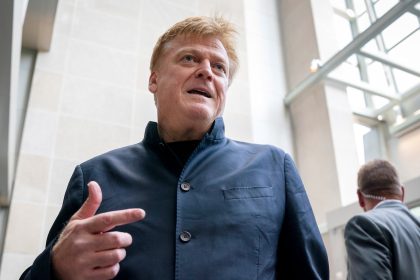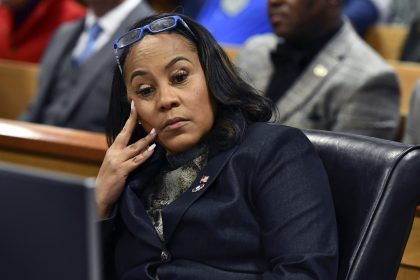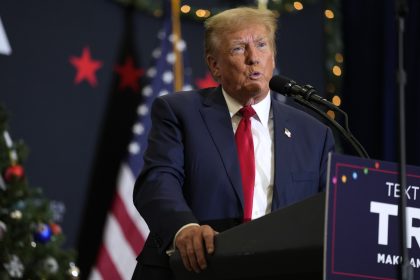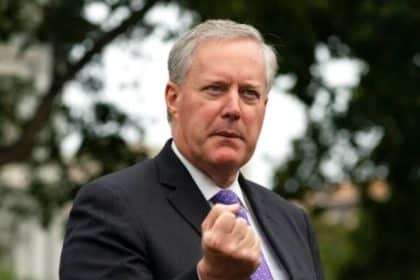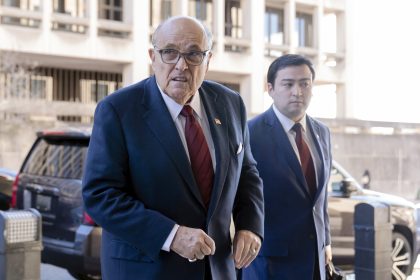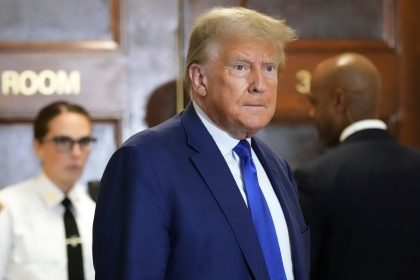Biden Revives Campaign in South Carolina, Buttigieg, Steyer Bow Out
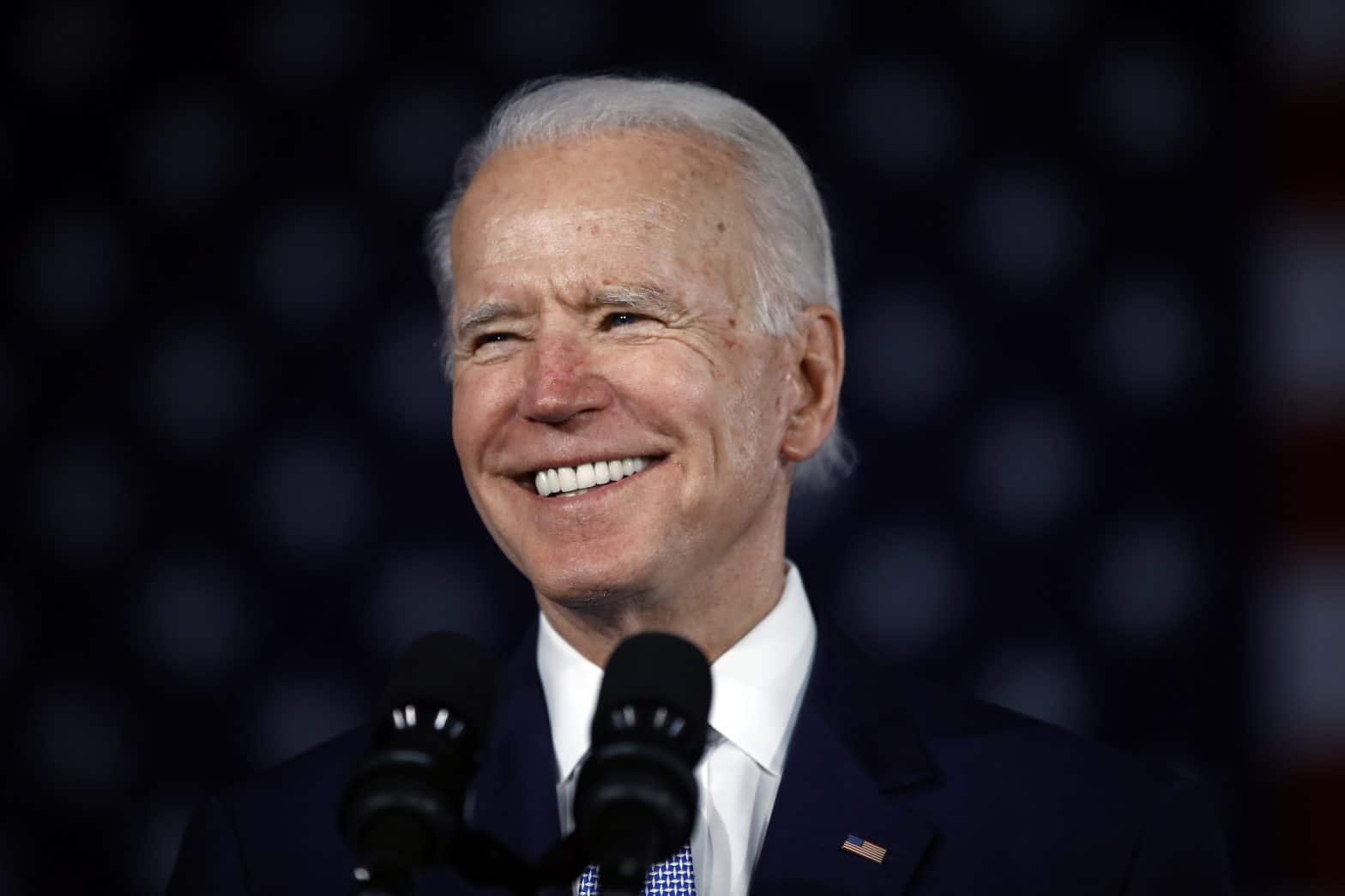
Former Vice President Joe Biden had long said South Carolina would be his “firewall” and on Saturday, his faith in the state proved well placed as it handed him a commanding victory and his first primary win in three decades of seeking the White House.
Meanwhile, third and fourth place finishes in the Palmetto State brought an end to the campaigns of former South Bend Mayor Pete Buttigieg, who left the race on Sunday, and billionaire former hedge fund manager Tom Steyer, who announced his exit after the South Carolina results were in on Saturday.
Once the dust had settled, Biden had received 48.4% of the vote to Vermont Sen. Bernie Sanders’ 19.9%.
Biden had also won in every county in the state, as well as among all racial groups, genders, ideological segments, and age brackets, except for 17- to 29-year-olds.
Making the former vice president’s victory even more impressive was voter turnout. A total of 528,720 voters turned out for the primary, dramatically up from the 373,000 who turned out in 2016, and close to the record 532,000 who voted in 2008 during then-Sen. Barack Obama’s first run for the White House.
Combined with absentee ballots, a total 529,505 votes were cast in the primary. Just over 3.3 million South Carolianians are registered to vote, meaning 16.04% chose to do so for Saturday’s contest.
“To all those who have been knocked down, counted out, left behind: This is your campaign,” Biden said at a celebratory rally in Columbia, South Carolina Saturday night.
“Just days ago the press and the pundits had declared this candidacy dead. Now, thanks to you — the heart of the Democratic Party — we haven’t just won. We won big, and we are very much alive,” he said.
Prior to the vote, both Colleen Condon, chair of the Charleston County Democrats, and Katy Lentyz, an executive committeewoman in Greenville County, had said the state’s Democratic electorate was highly energized, and that certainly appears to be the case from the results.
Another important factor in the size of Biden’s victory appears to have been his ability to appeal to voters who initially backed Sen. Kamala Harris, of California, and Sen. Cory Booker, of New Jersey.
According to Kate Franck, chair of the Greenville County Democratic Party, both senators had a great deal of support in the state before they dropped out of the race.
“That left their supporters needing to find someone else to get behind,” she said a few days before the vote.
“These voters, I think, just want to make the right choice, and it might not be made until primary morning,” she said.
The swing of those voters could very well account for the dramatic change in the polls in the last days of the campaign. As recently as 10 days ago, some polls had Sen. Bernie Sanders tied with, or even ahead of Biden in South Carolina.
By the time voters headed to the polls, Biden was well ahead and pulling away.
According to exit polling, Biden won 61 percent of black voters. These voters made up more than half of the electorate, and they were easily the most important block for his victory.
However, a precinct-level analysis by The Washington Post shows that while statewide turnout increased by about 40 percent over 2016, the parts of the state that saw the largest spikes were the most white and upper income.
Biden won only 40 percent of voters of these areas but still performed 18 points better than Sanders. According to exit polls, he beat Sanders statewide among white voters 33 percent to 23 percent.
The strong showing brought new life to Biden’s campaign after finishing fourth, fifth, and second in Iowa, New Hampshire, and Nevada, respectively.
It also established him as the leading centrist alternative to Sanders heading into Super Tuesday, a status cemented by Buttigieg’s departure from the race.
“I will no longer seek to be the 2020 Democratic nominee for president, but I will do everything in my power to ensure that we have a new Democratic president come January,” Buttigieg said in his South Bend announcement.
As for Steyer, in leaving the campaign, he did not endorse another candidate, but pledged to work with the Democratic nominee who he said would be “a million times better than Trump. Trump is a disaster.”
As of Monday, only two candidates — Sanders and Biden — boast a substantial number of delegates, 58 and 50, respectively.
Sen. Elizabeth Warren, of Massachusetts, and Sen. Amy Klobuchar, of Minnseota, have eight and seven delegates, respectively.
Former New York City Mayor Michael Bloomberg, who will make his first appearance on primary ballots on Tuesday has no delegates at this point; neither does Rep. Tulsi Gabbard, of Hawaii.
Tuesday may see another winnowing of the field. On Super Tuesday the remaining candidates will be competing for 1,357 delegates in 14 states — 34% of the pledged delegates needed to ultimately secure the nomination.
For the first time, California and Texas — the two biggest delegate prizes — will both be voting on Super Tuesday, adding even more importance to the event.
Biden spent the weekend attempting to coalesce the moderate vote behind him as Super Tuesday draws near.
He announced endorsements from a number of Democratic establishment figures — including former Gov. Terry McAuliffe, Sen. Tim Kaine, and Rep. Bobby Scott of Virginia; former Sen. Barbara Boxer of California; and Rep. Debbie Wasserman Schultz of Florida.
Biden’s campaign also announced that it had raised $10 million online in two days, more than the campaign’s total haul in the entire month of January.


















